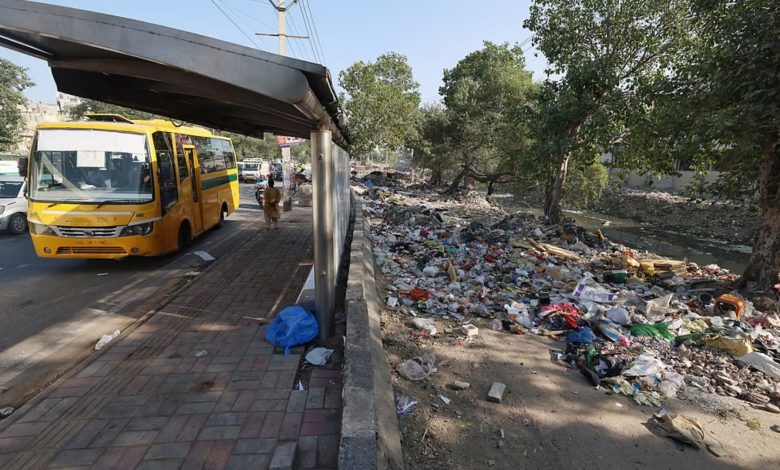Why Global Perceptions of Indians Persist in the West

Global Perceptions of Indians Abroad
Growing up in India, I’ve always been proud of our rich heritage, but lately, I’ve been reflecting on the global perceptions of Indians—especially in Western countries like the USA and Canada. I recently stumbled upon a discussion that unpacked how foreigners view us, and it wasn’t all positive. It got me thinking about the behaviors and habits that shape these stereotypes and why they persist. This isn’t about pointing fingers; it’s about understanding the roots of these perceptions and what we can do to shift them. Let’s dive into the factors—like civic sense, hygiene, cultural pride, and gender dynamics—that influence how the world sees us.
Civic Sense and Public Behavior
One issue that stood out was civic sense—or the lack of it in some cases. I’ve seen littered streets and discarded wrappers firsthand, and it’s no secret this doesn’t stay confined to India. The discussion I encountered noted how this behavior shapes global perceptions of Indians abroad. There’s even a satirical game called “Finding Trash in India,” poking fun at the trash in our cities. It’s a tough pill to swallow, but it’s hard to argue when the evidence is there.
When foreigners see Indians littering in their countries, it reinforces a careless stereotype. I’ve started asking myself: how much of this is a habit we’ve normalized? Small actions—like using a bin instead of the ground—could reshape these views. For more on how public behavior impacts culture, check out this study on civic responsibility.
Hygiene and Public Spaces
Next up was personal hygiene in public settings, like crowded metro trains. Imagine being squeezed in next to someone unaware of how their body odor affects others—it’s uncomfortable, right? The discussion pointed out that foreigners often notice this, and it feeds into negative global perceptions of Indians. It’s not always intentional; many of us might not realize how habits translate in different contexts.
But it’s more than just personal choice—it reflects broader cultural norms. Improving hygiene shows respect for shared spaces, and it could soften those harsh judgments. Want to explore more about adapting habits abroad? I’ve written about it in my post on cultural adaptation.
Cultural Pride vs. Global Perception
I’ve always believed our cultural pride is a strength—our traditions and history are incredible. But the discussion highlighted a downside: sometimes, we cling to norms without adapting to global standards. It’s like insisting everyone at a potluck eats with their hands because that’s how we do it—without checking if it fits. This friction can shape global perceptions of Indians in ways we don’t intend.
Balancing pride with adaptability isn’t about losing identity; it’s about being mindful global citizens. We can celebrate who we are while respecting where we are. It’s a perspective shift that could bridge gaps.
Gender Issues and Safety Concerns
The toughest part was the focus on gender dynamics. The discussion didn’t hold back on how some Indian men’s behavior abroad—like ignoring personal space—creates discomfort, especially for women. It ties into broader safety concerns about India that often hit international news. It’s not every man, but enough to build a stereotype that stings.
Respectful behavior—at home and abroad—is key to dismantling this. It’s not just about fixing global perceptions of Indians; it’s about doing right by each other. If we lead by example, we can change the narrative one step at a time.
—-
This exploration left me with mixed feelings—frustration at the critiques, but hope for change. The global perceptions of Indians—shaped by littering, hygiene, cultural clashes, and gender issues—aren’t baseless, but they’re not set in stone either. It’s a mirror we can use to reflect and act.
The responsibility is collective. By improving civic sense, minding hygiene, balancing pride with adaptability, and prioritizing respect, we can redefine how the world sees us. India’s image doesn’t have to be tied to stereotypes—it can reflect the best of us. So, how do we start today? Share your thoughts—I’d love to keep this conversation going.




